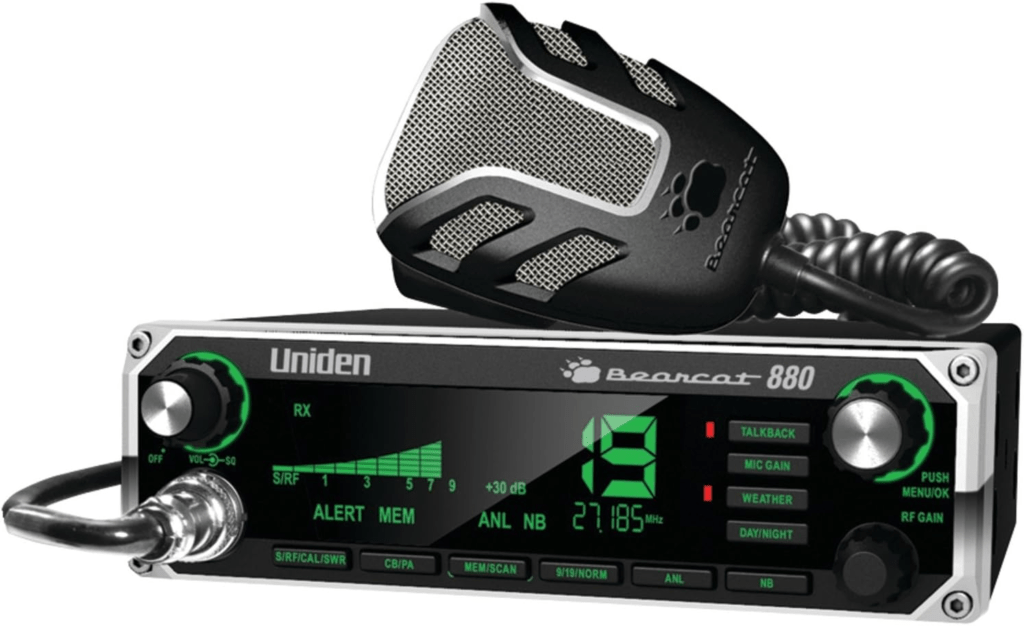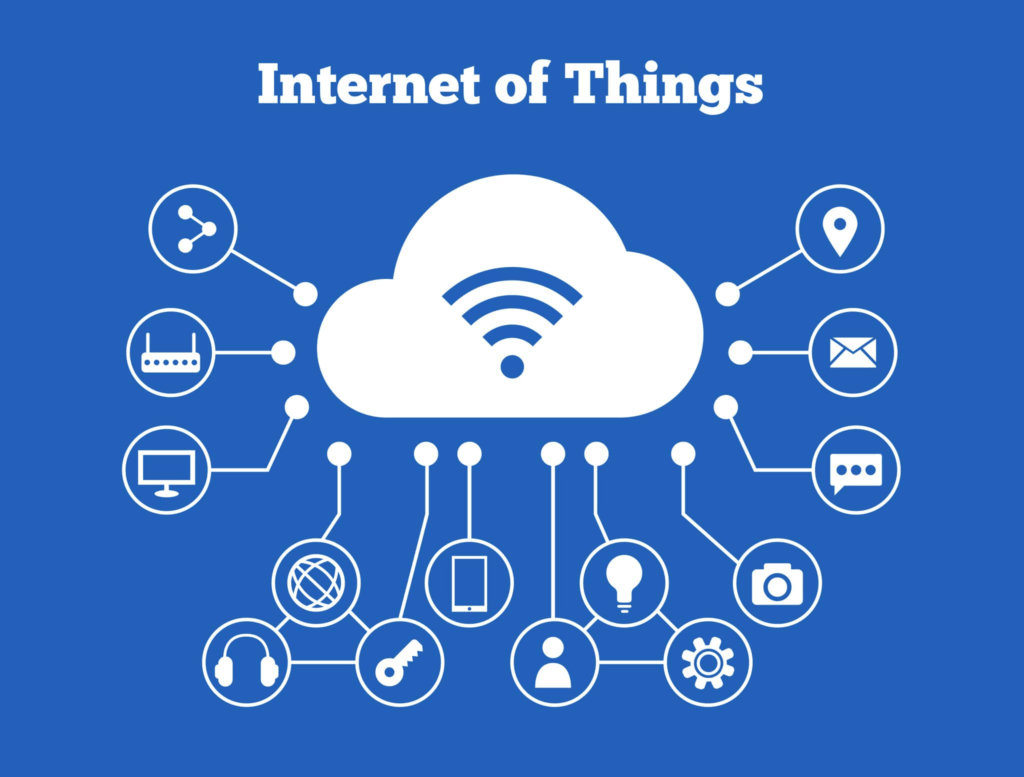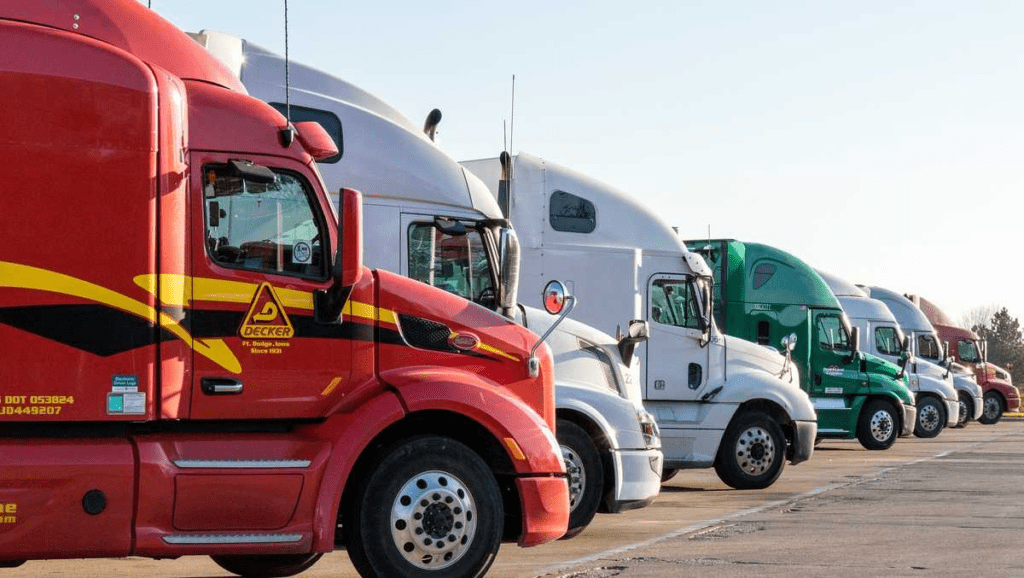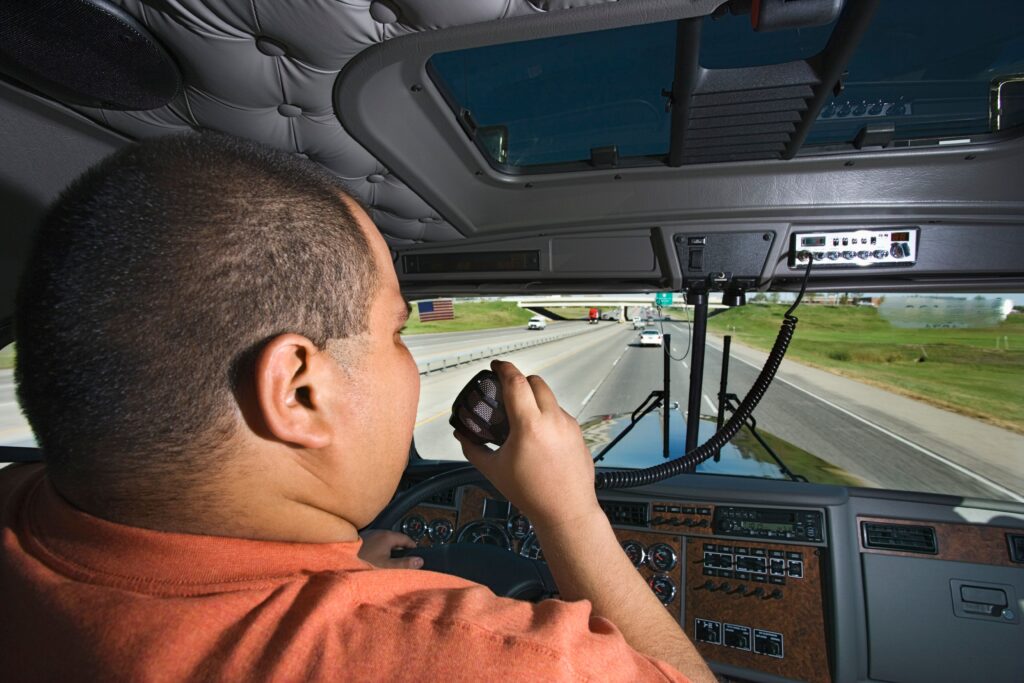
Trucking, the lifeblood of commerce, is a demanding and exhilarating profession that requires precision, perseverance, and most importantly, effective communication. In an industry where time is money and safety is paramount, trucker communication tools play a vital role in ensuring seamless operation and coordination among all stakeholders.
From long-haul truckers traversing vast stretches of highway to local delivery drivers navigating congested urban streets, every professional behind the wheel can benefit from the right set of tools that keep them connected and informed. One indispensable tool for truckers is a reliable two-way radio system.
These radio systems enable truckers to communicate with dispatchers, fellow truckers on the road, and other essential personnel involved in logistics. Armed with crystal-clear reception and robust range capabilities, these radios ensure that truckers can relay critical information such as pickup and drop-off locations promptly.
For instance, if a sudden change in delivery schedule occurs or unforeseen weather conditions arise en route, immediate communication via two-way radios allows for quick resolution without compromising safety. Furthermore, smartphones have become an integral part of our daily lives – even for truckers.

With their multifunctional capabilities, these devices serve as powerful communication tools on the road. Trucking-specific mobile applications have emerged to cater specifically to industry needs; these apps provide real-time traffic updates, detour suggestions in case of traffic congestion or accidents on planned routes.
Additionally, many companies have implemented fleet management software which integrates smartphones with tracking devices installed in trucks – giving dispatchers accurate information about vehicle location at all times.
The Must-Have Tools for Truckers
Truckers rely on a range of must-have tools to stay connected and navigate the challenges of the road. One essential tool is a reliable smartphone equipped with various useful applications.
These apps provide truckers with real-time information about traffic, weather conditions, and nearby amenities such as rest stops and truck-friendly parking. Additionally, smartphones allow truckers to stay connected with their families and colleagues through calls, texts, and video chats, providing a sense of comfort and companionship during long hours on the road.

Another indispensable tool for truckers is a reliable GPS device or navigation system specifically designed for commercial trucks. These devices take into account important factors such as low bridges, weight restrictions, hazardous materials regulations, and other limitations that can affect truck routes.
By using these advanced GPS systems, truckers can avoid costly detours or violations while ensuring they reach their destinations safely and efficiently. In addition to smartphones and GPS devices, every trucker needs a reliable CB radio.

CB radios have long been an essential communication tool for truckers as they allow for instant communication with fellow drivers on the road. Truck drivers use CB radios to share information about traffic conditions, accidents or hazards ahead, or simply engage in friendly banter to pass the time during those long stretches on the highway.
Furthermore, a good-quality Bluetooth headset is crucial for hands-free communication while driving. These headsets enable drivers to make important phone calls without compromising safety or breaking any laws regarding mobile phone usage while operating a vehicle.
With crystal-clear sound quality and noise-canceling features that minimize background noise from the engine or wind outside the cab, these headsets ensure clear communication even in noisy environments. Every trucker should have access to reliable Wi-Fi connectivity through portable hotspot devices or data plans provided by their cellular service provider.

This allows them to access critical information online such as real-time updates on route conditions or weather patterns that may affect their journey. It also enables them to stay connected with loved ones, stream entertainment during downtime, or even work remotely from the comfort of their truck cabin.
Truckers rely on a variety of must-have tools to navigate the challenges of the road effectively. From smartphones and GPS devices for navigation and communication to CB radios for instant communication with fellow drivers, a reliable Bluetooth headset for hands-free phone calls, and access to Wi-Fi connectivity for staying informed and connected on the go—these tools are instrumental in ensuring smooth journeys and enhanced safety for truckers.
Cutting-Edge Technology in Trucker Communication
In today’s fast-paced world, technology has become an integral part of every industry, including trucking.
Truckers now have access to a wide range of cutting-edge communication tools that enhance their efficiency and safety on the road. One such tool is GPS tracking systems.

Gone are the days when truckers had to rely solely on paper maps and their sense of direction. GPS technology has revolutionized the way truckers navigate through unfamiliar territories.

These systems provide real-time updates on traffic conditions, road closures, and alternative routes, allowing truckers to make informed decisions and avoid unnecessary delays. Another remarkable advancement in trucker communication is the emergence of mobile apps specifically designed for the industry.
These apps offer a plethora of features that simplify various aspects of a trucker’s job. For instance, there are apps that provide detailed information about nearby rest areas, fuel stations, and truck stops, making it easier for drivers to plan their breaks and refueling stops efficiently.
Furthermore, some mobile apps allow truckers to communicate directly with dispatchers or other drivers in real-time. This instant communication can be crucial when unexpected situations arise on the road or if there are changes in delivery schedules.
These apps often include features like push-to-talk functionality or messaging systems that ensure seamless communication between all parties involved. Additionally, modern trucks now come equipped with advanced telematics systems that enable constant monitoring and analysis of various performance metrics.
These systems collect data related to fuel consumption, engine performance, maintenance needs, and even driver behavior. By harnessing this data through telematics platforms, fleet managers can identify optimization opportunities and improve overall operational efficiency.
Last but not least is the integration of voice-activated technology into trucker communication tools. Voice commands have become increasingly popular as they allow drivers to remain focused on the road while controlling various functions within their vehicles or accessing important information hands-free.
From making phone calls or adjusting cabin temperature to requesting traffic updates and weather forecasts, voice-activated technology simplifies communication and enhances safety for truckers. The advancements in communication technology have had a significant impact on the trucking industry.
GPS tracking systems, mobile apps, telematics, and voice-activated technology have revolutionized how truckers navigate, communicate, and optimize their operations. These cutting-edge tools not only improve efficiency but also contribute to safer journeys for truckers on the road.
Communication Protocols and Best Practices
When it comes to communication in the trucking industry, having standardized protocols and following best practices is crucial for smooth operations and ensuring safety on the roads. One important communication protocol that truckers should adhere to is the use of the CB radio.

CB radios have been a staple in the trucking community for decades, allowing drivers to communicate with each other on common channels. Truckers often rely on CB radios to share information about road conditions, accidents, or even just engage in friendly banter during long hours on the road.
It’s essential for truckers to familiarize themselves with proper CB radio etiquette, such as using clear and concise language, avoiding unnecessary chatter, and giving others an opportunity to speak. In addition to CB radios, many trucking companies now equip their fleets with cellular devices or smartphones.
These devices offer more advanced communication capabilities such as voice calls, text messaging, and even internet access. Truckers can use these devices not only to stay connected with dispatchers and fellow drivers but also for navigation purposes using GPS apps or checking weather updates.
Another key aspect of effective communication among truckers is maintaining professionalism over the airwaves. It’s vital for drivers to remember that they represent not only themselves but also their companies when communicating with others through various channels.
This means speaking clearly and respectfully while refraining from using offensive language or engaging in conversations that may reflect poorly on their employers. Furthermore, understanding regional lingo and slang can be immensely helpful when communicating with local drivers or navigating through unfamiliar areas.

Regional terms like “bear” (referring to police officers) or “chicken coop” (a weigh station) are common examples of slang that can aid in effective communication between drivers. Staying updated on emerging technology and new communication tools is advantageous for truckers looking to enhance their efficiency on the road.
As advancements continue at a rapid pace within the industry, being able to adapt to and utilize new tools can provide a competitive edge and improve overall communication capabilities. Following communication protocols and best practices is essential for truckers to ensure efficient operations and safety on the roads.
Utilizing tools such as CB radios, cellular devices, adhering to professional conduct, understanding regional slang, and staying aware of emerging technologies are all vital components of effective trucker communication. By embracing these practices, truckers can foster clearer channels of communication while enhancing their overall performance in the industry.
The Future of Trucker Communication
As we look ahead, the future of trucker communication holds great promise and potential. One exciting development is the integration of Artificial Intelligence (AI) in communication tools. Imagine having a virtual assistant that can seamlessly handle various tasks such as scheduling deliveries, monitoring traffic conditions, and even providing real-time weather updates to help truckers make informed decisions on their routes.

With AI-powered voice recognition technology becoming more advanced, truckers can interact with these virtual assistants simply by using their voices, allowing for safer and more efficient communication on the road. Furthermore, advancements in Internet of Things (IoT) technology will revolutionize how truckers communicate with their vehicles and surroundings.
Trucks equipped with IoT-enabled sensors will be able to collect and transmit a wealth of data in real-time. For instance, tire pressure monitoring systems can automatically alert truckers about low tire pressure before it leads to a potential blowout.

This proactive approach not only ensures safety but also prevents delays caused by unexpected breakdowns. Additionally, emerging technologies like 5G networks will significantly enhance connectivity for truckers.
With faster and more reliable internet speeds, drivers will have seamless access to critical information like real-time traffic updates, route optimization suggestions, and even video conferencing capabilities for remote collaboration with dispatchers or colleagues. The implementation of 5G networks will eliminate communication bottlenecks currently experienced in remote areas or congested urban environments.
Moreover, the rise of autonomous vehicles presents intriguing possibilities for trucker communication in the future. While complete autonomy may still be some years away from mainstream implementation, self-driving trucks have demonstrated their potential to improve safety and efficiency on long-haul routes.
In this scenario, human drivers may transition into supervisory roles where they focus primarily on managing communications between autonomous trucks as part of platooning operations or handling unexpected situations that require human judgment. The future holds immense opportunities for improving trucker communication tools through AI integration, IoT advancements, enhanced connectivity with 5G networks, and the potential emergence of autonomous vehicles.

These developments will not only enhance safety and efficiency for truckers but also streamline operations for the entire logistics industry. As we embrace these technological advancements, it is crucial to ensure that trucker communication tools remain user-friendly, reliable, and accessible to all drivers, regardless of their technological prowess.
Trucker Communication Tools have come a long way and continue to evolve to meet the needs of modern truckers. From the essential CB radios that started it all to the cutting-edge technology like satellite communication systems and GPS devices, these tools have greatly improved communication on the road.
Truckers now have a wide array of options to stay connected with their fellow drivers, dispatchers, and loved ones. Through the use of communication protocols and best practices, truckers can ensure efficient and effective communication while on the road.
Properly utilizing these tools and adhering to established guidelines helps promote safety, collaboration among drivers, and timely delivery of goods. With clear channels of communication in place, truckers can share important information about road conditions, accidents, weather updates, or simply engage in friendly banter while cruising along.
Looking towards the future, it is exciting to imagine what advancements lie ahead for Trucker Communication Tools. Technology continues to rapidly progress; therefore, it is likely that we will see even more sophisticated tools emerge in the coming years.
Perhaps we will witness further integration between communication devices and other essential systems within trucks such as navigation or diagnostics. As we bid farewell to this exploration of Trucker Communication Tools, let us remember that these tools not only enhance connectivity but also foster a sense of community among truckers who spend countless hours on the open roads.
While their job may be solitary at times, they are never truly alone thanks to these invaluable communication tools. So here’s to safer journeys ahead filled with clearer signals and stronger connections – may every trucker feel supported as they conquer miles upon miles with unwavering resolve!











